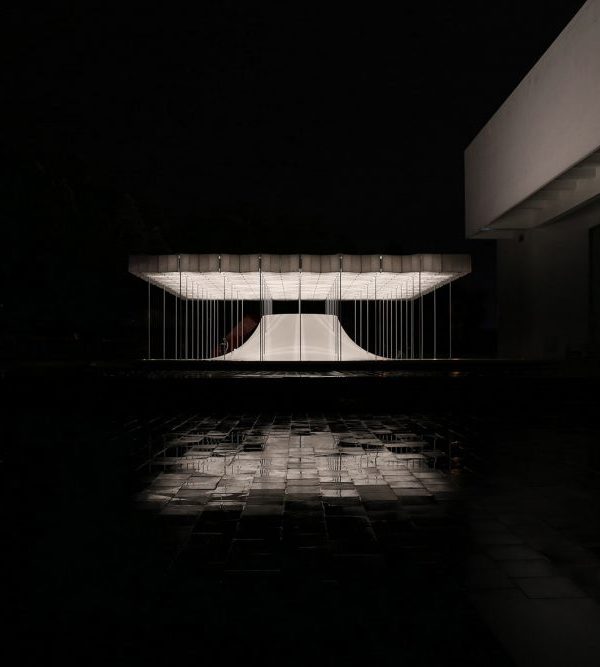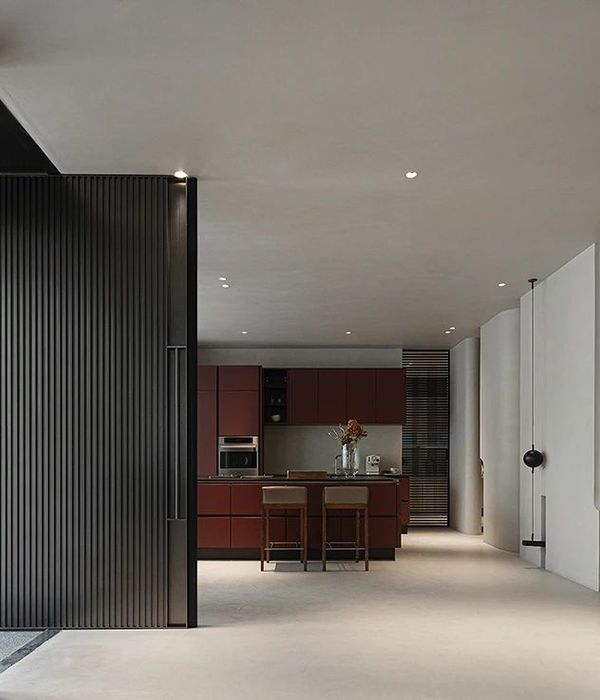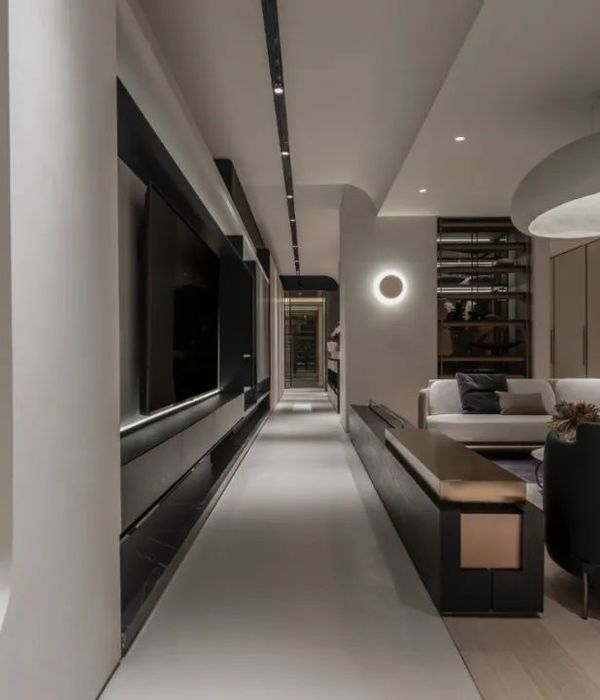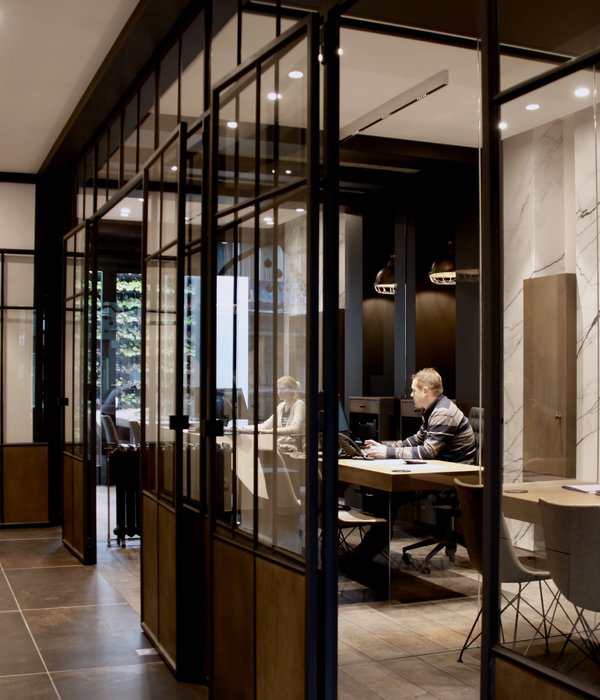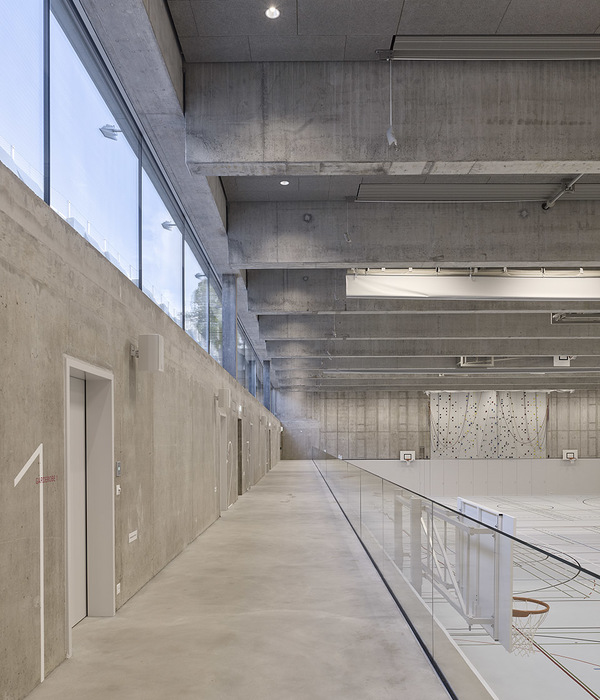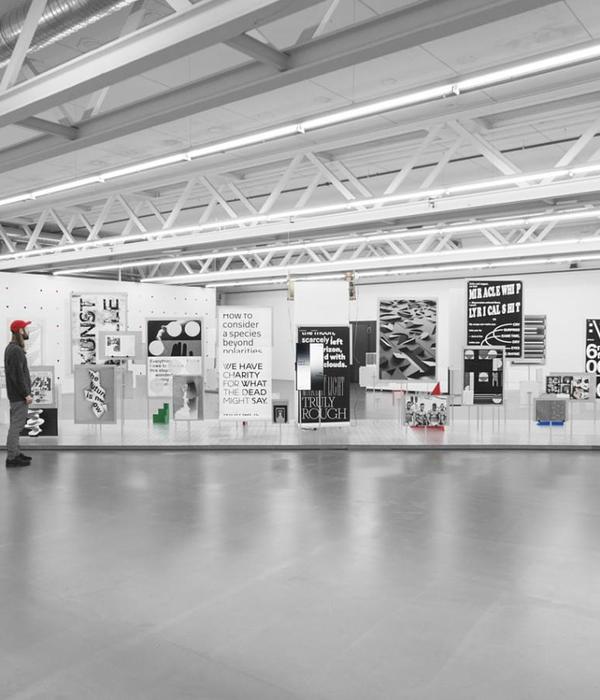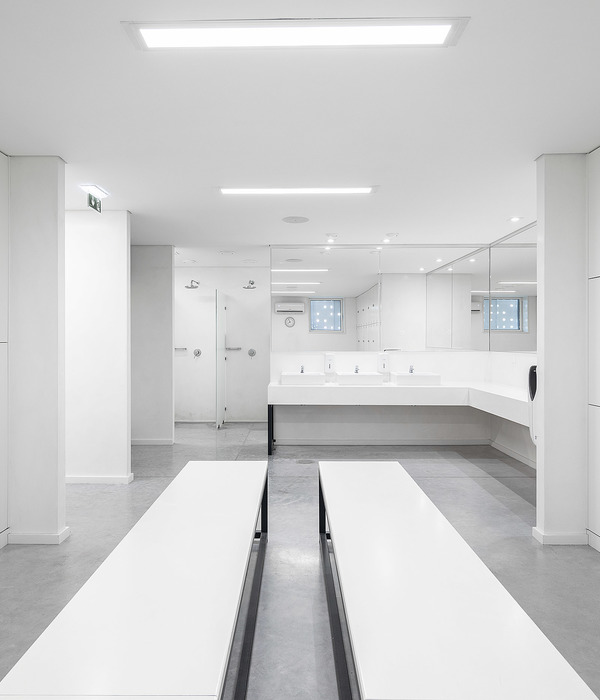Landscape Architects:XJ Design
Year:2023
Photographs:Can Yang
Clients:Datong Ancient City Investment Group Co., Ltd.
Engineering:Luzhou Hongmao Engineering Project Management Co., Ltd.
City:Datong
Country:China
Text description provided by the architects. This is a brand new visual for the contemporary historical and cultural district renewal. For us, every piece of stone and tile touched and used has a vivid life. This space is more like a recorder, recording the process of their life disappearing in the past 100 years.
Overall. The project is located in the historical street block of Damaojiao in the southeast of Datong Ancient City, transforming the vacant and abandoned site into a public space full of historical memories. The project can be called a unique cultural space art exhibition. By understanding the history of the site and presenting it with a new interpretation, a series of fragmented old objects and events in the ancient city transformation are displayed in the ground with a new perspective, and the combination and use of new materials bring a unique spatial feeling, realizing the overlap of history and present time and space, presenting a commemorative contemporary cultural and artistic space, so that people can participate in interactive activities while triggering thinking about the past and the future.
Environment. The project is located in the southeast of Datong Ancient City, at the entrance of Damao Corner. There are a large number of traditional residential buildings inside the block, with a relatively complete historical style. On the west side is the Daming East Street where the Datong Guan Di Temple is located, and on the north side is adjacent to the Weibei Research Institute. The site has been abandoned for many years, but it is a rare public space in the transformation of the ancient city’s historical blocks.
Design Process. The design concept originates from the designer’s initial impressions of the site. Upon stepping into this neighborhood, the project’s restoration work had already commenced, with scattered building materials and the once vibrant atmosphere now replaced by dilapidation. Every fragment of a wall, broken tile, and old object silently narrated the past life that once thrived here. Amidst this emotive experience, the designer’s intent was to “leave something behind,” becoming the primary aspiration for the design. Each stone and old object in the eyes of the designer condensed into precious cultural symbols, with an attempt to transform them into landscape elements of value.
The Vanished Garden: Public spaces should never lack human involvement, and the project sought to address how to infuse vitality into the inward courtyard space. The design embraced the concept of growth, organized from ground-level display spaces to an elevated visual corridor soaring to 5.35 meters. The arrangement progressed from old to new materials, emphasizing the passage of time. Collected and displayed old objects were permanently preserved, but over the course of a century, they would gradually weather away and disappear. Here, they would slowly merge into the universe, becoming part of the river of history.
The project consisted of four main parts: ground-level display spaces, a plaza, an elevated visual corridor, and an upper-level mirrored viewing platform. All materials for the ground-level display spaces were sourced from the site and handpicked by the designer to present historical traces. The water-themed plaza connected intimately with the corridor space, providing a gathering place for people. The corridor ascended step by step, forming a harmonious interaction with the plaza, allowing for performances and expressing reverence for life and culture.
The corridor enclosed a U-shaped space on the second level, engaging in a dialogue with the ground, inviting people to walk and pause, fostering better interaction between old objects and viewers. At the end of the circulation route, also the highest point of the site, the mirrored box “disappeared” into the skyline, seamlessly blending into the scene. Ascending to the viewing platform, one could overlook the fifth facade of the ancient city, provoking contemplation: just like some distant memories seemingly vanish, they actually linger in the minds of a generation.
Summary, A New Perspective. The project represents a fresh attempt at the transformation of a historic urban area, creating a place where innovative elements coexist with the original memories of the site, stimulating reflection on the past and the future. It brings a unique charm and artistic value to the space, fostering interaction and engagement among people.
Project gallery
Project location
Address:Da Miao Jiao Jie & Du Si Jie, Pingcheng, Datong, Shanxi, China
{{item.text_origin}}


